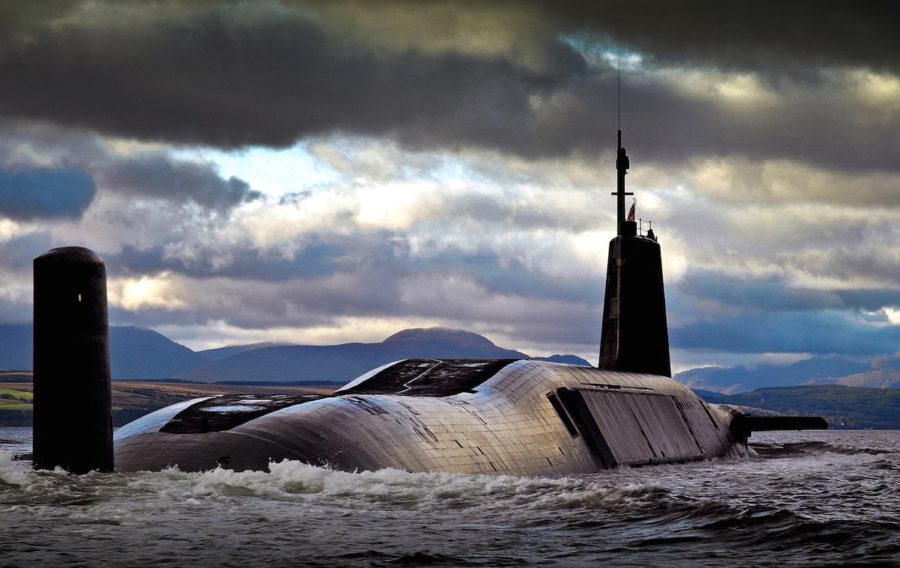
With the Scottish independence referendum debate set to resume on Tuesday it raises the question of how this would impact the British defence sector if they succeed.
The debate on “Scotland’s Choice” will reconvene at 2.20pm on Tuesday with MSP’s expected to narrowly vote in favour of a second referendum to be held between autumn 2018 and spring 2019. Prime Minister Theresa May has recently stated that this is not the time to hold a second referendum, but First Minister Nicola Sturgeon remains adamant that it is right to hold a vote within this timescale so the people of Scotland can be offered a choice between a “hard Brexit” and becoming an independent country.
Tom McKane, a former senior UK government defence policy adviser and now a senior fellow at the London-based Royal United Services Institute think tank said: “I don’t think that any of this [leaving the EU] will involve disruption of the kind that could potentially arise were Scotland to become independent”.
Rand Europe’s analysts stated that Scottish independence could pose “practical, financial and political challenges in defence and security, with significant implications for the UK, EU and NATO — especially given the UK nuclear force is based in Scotland.”
Jon Louth, the director for defence, industries and society at RUSI said: “It’s another big bucket of uncertainty coming industry’s way. Some people are predicting that without Scotland, the UK spending profile would almost by definition go down at a time when other significant European nations’ defence spending profiles are going up.
“A potentially profound reduction in demand and the defence cost associated with decoupling would be a perfect storm. A number of institutional investors might find that a step too far, having been squeezed by the Brexit uncertainty; then being squeezed by uncertainties about a possible Scottish referendum, they may decide they could better use their money elsewhere.
“Industry thoughts now are about: Will they have access to EU markets? Will they have access to their supply chains without tariffs post Brexit? Now, similar conversations will be starting about what, initially at least, will probably be an isolated Scotland [from NATO and the EU]. That would be hugely distracting, and that’s before you get onto the debate about companies having a lot of balance-sheet assets in Scotland.
“For example, it could prompt very interesting questions again about BAE Systems and its Glasgow naval shipyards. There could also be lots of difficulties with some of the software houses in and around Edinburgh that have significant lines of defence development. It just adds to the uncertainty again.
“This impact would be felt most immediately by those companies engaged in ship building, maintenance, and high end technology. We believe defence companies in Scotland would be forced to rapidly reassess their business strategies, with the result that relocation of operations to the remainder of the UK would be an unwelcome but necessary decision.”
It’s been just over two years since the SNP lost the independence vote, but at the time they declared they would spend £2.5Bn annually on defence and wanted to share the UK’s armed forces equipment. The trade lobby ADS has published figures which show that the Scottish defence sector turns over more than £2.2Bn annually with 60 companies employing over 12,000 people. The largest of these is the Royal Navy’s submarine facilities at Faslane and Coulport on the Clyde which have more than 6,000 staff. Prior to the last referendum, the parliamentary defence committee suggested that these would face a difficult future should there be an independent Scotland. The committee stated: “We believe defence companies in Scotland would be forced to rapidly reassess their business strategies, with the result that relocation of operations to the remainder of the UK would be an unwelcome but necessary decision.”
If you would like to join our community and read more articles like this then please click here
ADS Brexit European Union NATO Royal Navy Scottish independence







